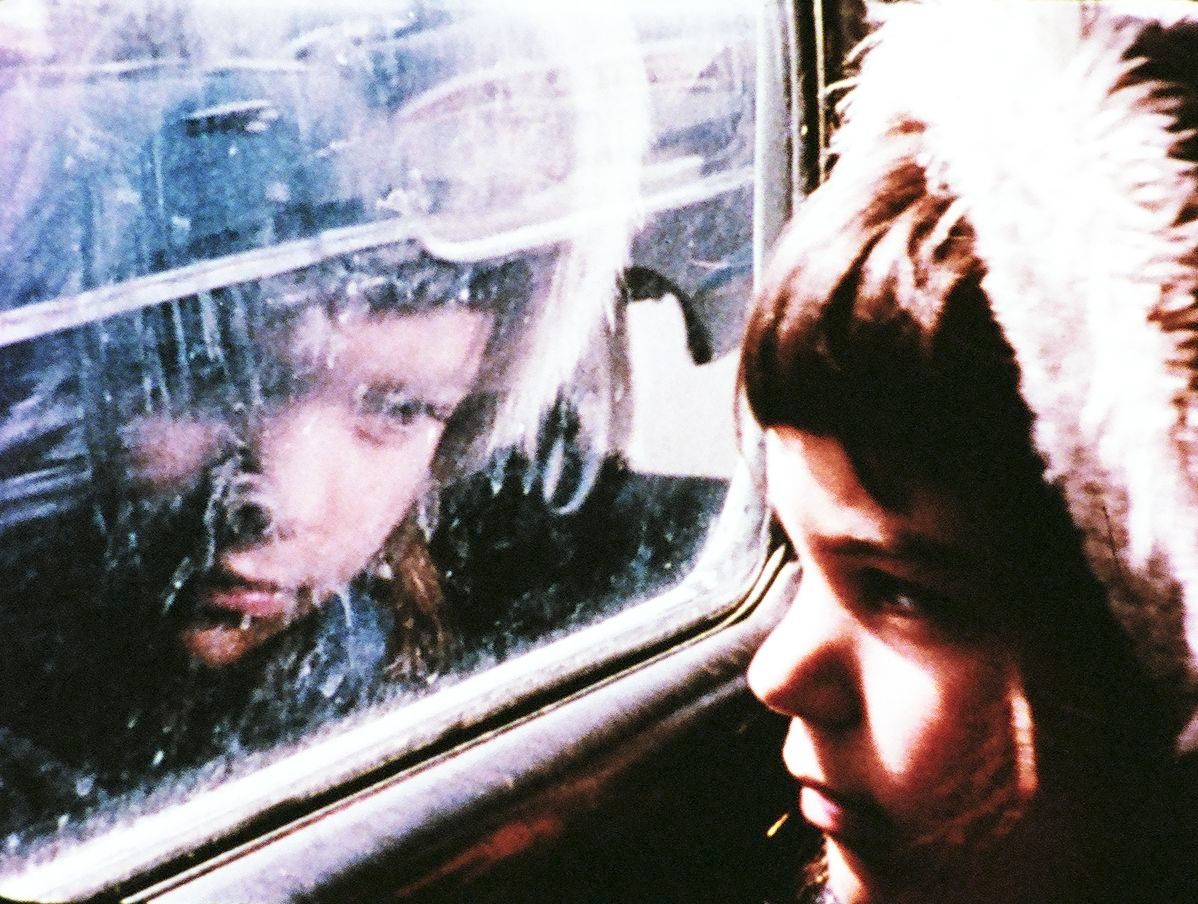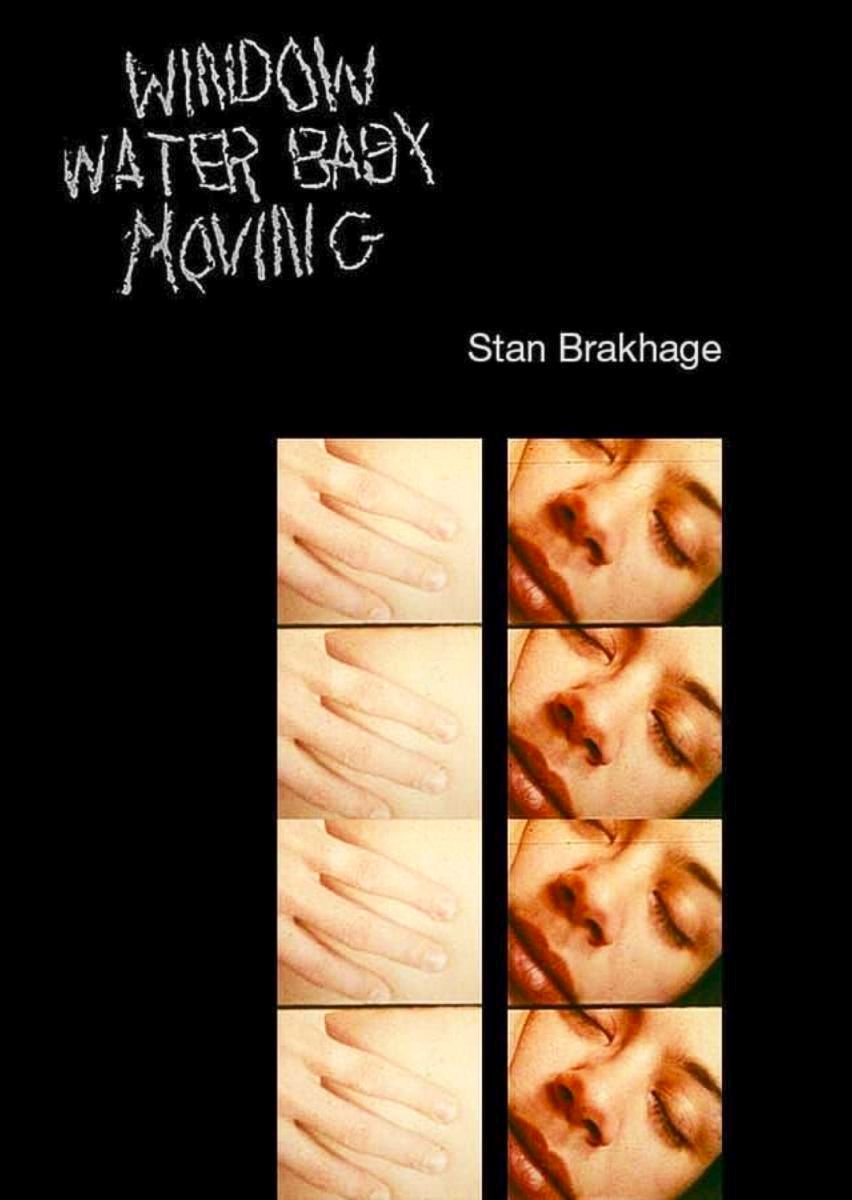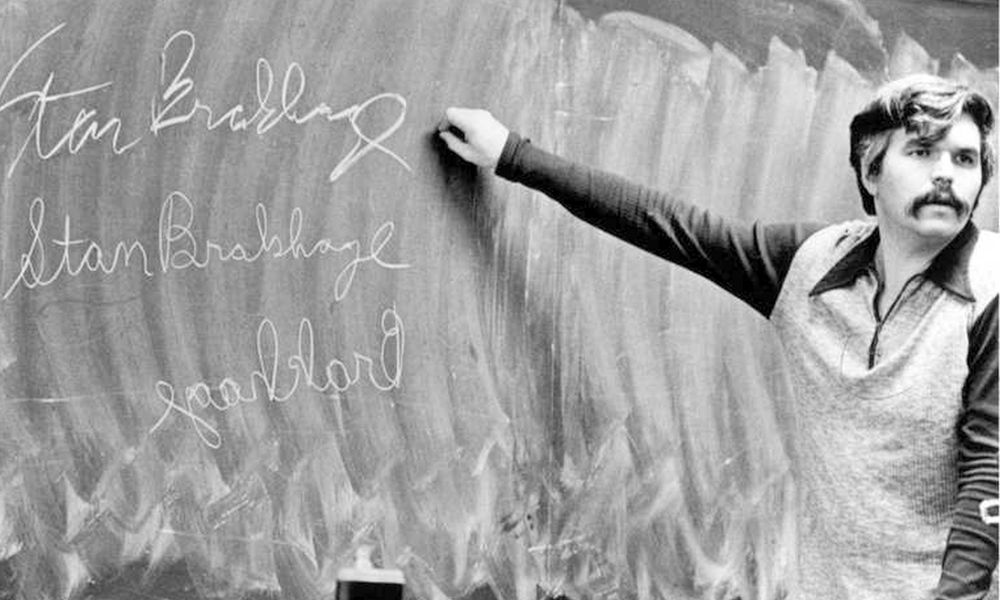"In the attempt to redefine vision to include dreams, memories, peripheral sightings and even the things we see with our eyes shut, Brakhage produced some of the most mesmerizing, compelling and strangely familiar images in the history of film. Brakhage is not just the leading avant-garde director in the history of cinema, for some critics he is one of the greatest artists of the twentieth century." - Lloyd Hughes (The Rough Guide to Film, 2007)
Stan Brakhage
Director / Cinematographer / Editor / Screenwriter / Producer
(1933-2003) Born January 14, Kansas City, Missouri, USA
Top 250 Directors
(1933-2003) Born January 14, Kansas City, Missouri, USA
Top 250 Directors
Key Production Country: USA
Key Genres: Short Film, Avant-garde/Experimental, Abstract Film, Documentary, Surrealist Film, Drama
Key Collaborators: Jane Brakhage, Bearthm Brakhage, Walter Newcomb, Myrrena Brakhage, Neowyn Brakhage, Rarc Brakhage, Joel Haertling (Composer)
Key Genres: Short Film, Avant-garde/Experimental, Abstract Film, Documentary, Surrealist Film, Drama
Key Collaborators: Jane Brakhage, Bearthm Brakhage, Walter Newcomb, Myrrena Brakhage, Neowyn Brakhage, Rarc Brakhage, Joel Haertling (Composer)
"At some point in the future, when authoritative histories of twentieth century art begin to be written with the wise judgment that only distance from the present time can confer, I believe that Stan Brakhage will loom not only as one of the very greatest of filmmakers but as one of the major figures in all the arts. The sheer virtuosity of his work, the sensual beauty of his films' shapes and colors and textures, his creation of a unique and complex kind of visual music (most of his films are silent because the music comes from the screen), his appeal to the viewer as individual rather than as a member of a crowd, the ecstatic unpredictability of his spaces and rhythms, all assure the monumental importance of his close to 400 films, both individually and as a body of work. " - Fred Camper (Stan Brakhage on the Web)
"Among the most influential figures of the American avant-garde, he is a technical innovator and outspoken social observer...His experimental films, mostly short, have often been concerned with the manipulation of light...Overcoming limitations of funds and resources, Brakhage poured out an astonishingly large number of long and short films in a wide range of themes and style. A poet with a camera, he consistently endowed his prolific output with a pathfinder's zeal and innovate personal vision." - The MacMillan International Film Encyclopedia, 1994

Scenes from Under Childhood (1967-1970)
"The heart of Brakhage's theory is the notion of cinema as the imitation of the act of seeing, which includes simultaneously the perpetually scanning eyes, the visual imagination and memory, and the phosphenes which are most distinct when the eyes are closed. For him, the act of making a film intensifies and makes conscious this perpetual process of vision. Any dramatic representation whatsoever is anathematized by him." - P. Adams Sitney (International Dictionary of Films and Filmmakers, 1991)
"Working outside the mainstream, the wildly prolific, visionary Stan Brakhage made more than 350 films over a half century. Challenging all taboos in his exploration of “birth, sex, death, and the search for God,” he turned his camera on explicit lovemaking, childbirth, even autopsy. Many of his most famous works pursue the nature of vision itself and transcend the act of filming. Some, including the legendary Mothlight, were created without using a camera at all, as he pioneered the art of making images directly on film, by drawing, painting, and scratching." - The Criterion Collection
"His personal life so affects his work that Brakhage sees his eyes and camera as one. Compelling examinations of people, places, things, and ideas put him into the forefront of avant-garde filmmaking.." - William R. Meyer (The Film Buff's Catalog, 1978)
"If Maya Deren invented the American avant-garde cinema, Stan Brakhage realized its potential. Unquestionably the most important living avant-garde filmmaker, Brakhage single-handedly transformed the schism separating the avant-garde from classical filmmaking into a chasm. And the ultimate consequences have yet to be resolved; his films appear nearly as radical today as the day he made them." - Brian L. Frye (Senses of Cinema, 2002)
"One of the most influential and most prolific film makers of the American underground. Directed his first film at 18 and has worked as a director of commercials in order to have the freedom to make his own films. He is enchanted with the technical possibilities of the camera and all his films exude a sense of delight in the physical world." - Georges Sadoul (Dictionary of Film Makers, 1972)
"Since 1952, and his first film, Interim, Brakhage has been engaged in an effort to reshape our habits of seeing... Brakhage has made over 200 films, ranging in length from less than a minute to more than four hours. Though the style of his filmmaking has been consistent over four decades - shallow focus, a rich and sensual use of colour, rhythmic cutting, little or no soundtrack - Brakhage has dealt with a variety of themes." - Robert A. Haller (The Virgin International Encyclopedia of Film, 1992)
"Stan Brakhage made nearly 380 films, each lasting between nine seconds and four hours. Most of his work was done in 16mm, and he often hand painted the film or scratched the image directly on to the film emulsion, sometimes using collage techniques. Even within the highly individualist scene of experimental cinema, Brakhage remained an outsider, advocating an irrational, heartfelt approach... Sensitive and sensorial, Brakhage was perhaps the first, and last, filmmaker ever to try and film the inside of one's eyes - the true perception of what one really sees." - Ernest Mathijs (501 Movie Directors, 2007)
"Brakhage was perhaps the most direct successor to Maya Deren as a "film poet," and indeed his film aesthetics were more closely aligned with contemporary poetry than the vague notion of "film poet" would suggest. Prolific as a writer, lecturer, and filmmaker, Brakhage made more than one hundred films since beginning his career in the 1950s. A centrepiece was Dog Star Man (1964), a multipart film that links consciousness, nature, and myth through superimposed images and manual manipulation of the film surface with paint and scratches." - Robert Sklar (Film: An International History of the Medium, 1993)
"One of the more influential of American avant-garde directors, Brakhage made his first film at the age of 18, after dropping out from college with a nervous breakdown. Most of his films have been shorts, and many have been made on 8mm or 16mm film. His approach is experimental, and he views his subjects through a swirl of movement or colour, distorting images through superimposition and scratching onto negatives. By shooting out of focus and off-centre, Brakhage attempts to stress the subjectivity of vision and the camera. The subject of his films, though less important than the technique, is often his own personal life." - The Illustrated Who's Who of the Cinema, 1983
"There is probably no other figure in the world who so completely embodied the ethos of experimental filmmaking. Brakhage financed most of his own works as he eked out a living. Rigorously recording the most minute aspects of daily existence – from the birth of his children to the flight of a moth – he would rework this material into epics of abstraction, ravishing in their effects of motion, colour and light. Although he was a good-humoured person with an astonishing range of interests and references, Brakhage was a purist when it came to his own art. He opted for silent filmmaking, considering sound of any sort an abominable distraction, and eschewed most narrative elements beyond his first exercises in trippy psychodrama in the 1950s." - Adrian Martin, 2003
"We have the notion that we exist but we have no way to prove it. 'I am' is the closest foundation we can get." - Stan Brakhage
"I love being objected to. It worries me, but I love being objected to." - Stan Brakhage
Selected Filmography
{{row.titlelong}}
GF Greatest Films ranking (★ Top 1000 ● Top 2500)
21C 21st Century ranking (☆ Top 1000)
T TSPDT R Jonathan Rosenbaum
21C 21st Century ranking (☆ Top 1000)
T TSPDT R Jonathan Rosenbaum
Stan Brakhage / Favourite Films
The Adventures of the Exquisite Corpse (1968) Andrew Noren, The Blood of a Poet (1930) Jean Cocteau, Book of All the Dead (1974) R. Bruce Elder, Go! Go! Go! (1964) Marie Menken, The Hart of London (1970) Jack Chambers, Ivan the Terrible (1944-1946) Sergei Eisenstein, Motion Painting No. 1 (1947) Oskar Fischinger, Orpheus (1950) Jean Cocteau, The Poet's Veil (1988) Peter Herwitz, Remains to Be Seen (1989) Philip S. Solomon, Symphonie diagonale (1924) Viking Eggeling, Testament of Orpheus (1960) Jean Cocteau.
Source: Sight & Sound (1992)
The Adventures of the Exquisite Corpse (1968) Andrew Noren, The Blood of a Poet (1930) Jean Cocteau, Book of All the Dead (1974) R. Bruce Elder, Go! Go! Go! (1964) Marie Menken, The Hart of London (1970) Jack Chambers, Ivan the Terrible (1944-1946) Sergei Eisenstein, Motion Painting No. 1 (1947) Oskar Fischinger, Orpheus (1950) Jean Cocteau, The Poet's Veil (1988) Peter Herwitz, Remains to Be Seen (1989) Philip S. Solomon, Symphonie diagonale (1924) Viking Eggeling, Testament of Orpheus (1960) Jean Cocteau.
Source: Sight & Sound (1992)
Stan Brakhage / Fan Club
Yoel Meranda, David Sterritt, Julius Richard, Richard Suchenski, Félix García de Villegas Rey, Michael Sicinski, J. Hoberman, Nicole Brenez, Fred Camper, Manohla Dargis, Malcolm le Grice, Francisco Algarín Navarro.
Yoel Meranda, David Sterritt, Julius Richard, Richard Suchenski, Félix García de Villegas Rey, Michael Sicinski, J. Hoberman, Nicole Brenez, Fred Camper, Manohla Dargis, Malcolm le Grice, Francisco Algarín Navarro.
"Fan Club"
These film critics/filmmakers have, on multiple occasions, selected this director’s work within film ballots/lists that they have submitted.
These film critics/filmmakers have, on multiple occasions, selected this director’s work within film ballots/lists that they have submitted.


